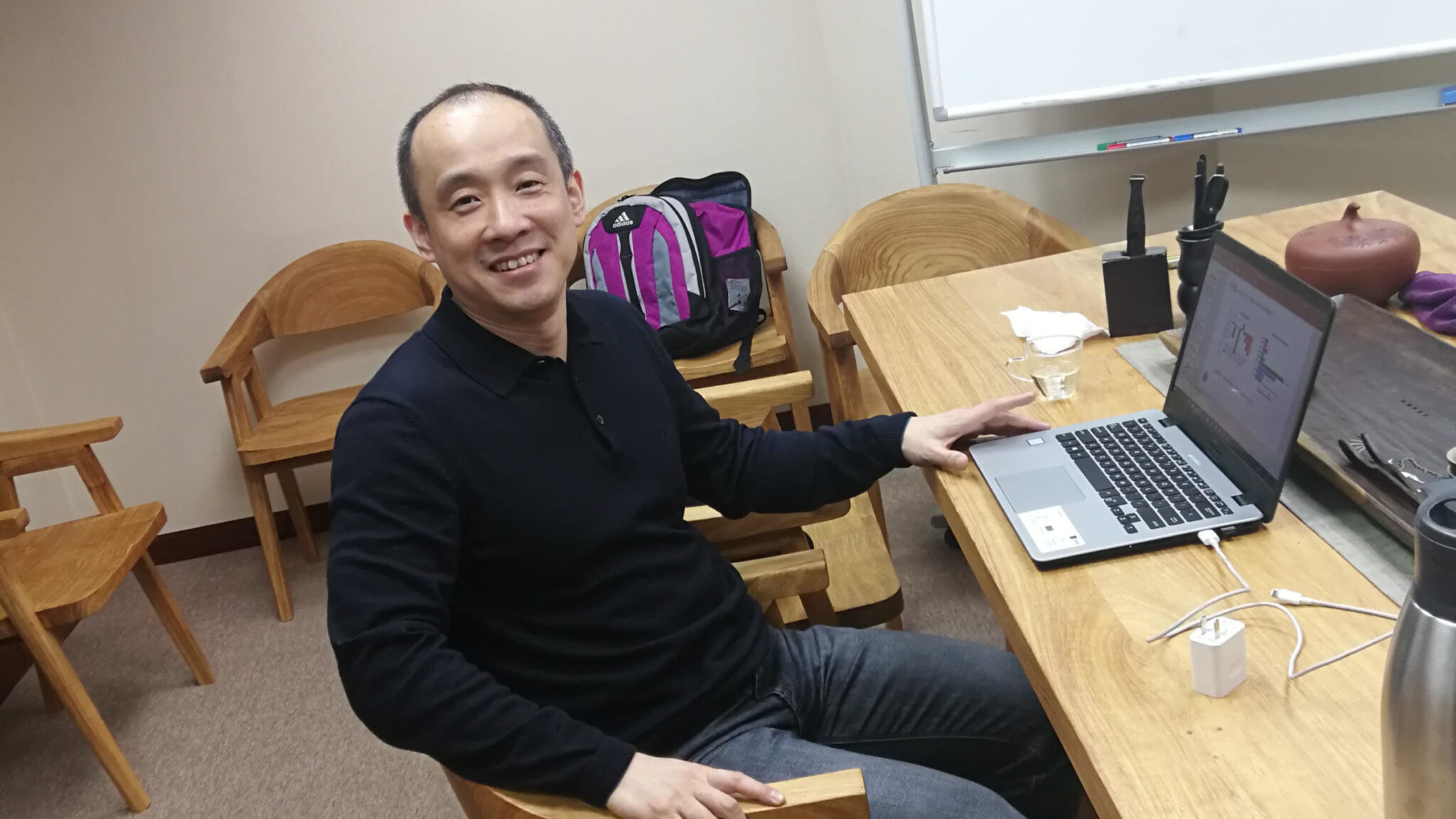
Vivo Capital, Bain, Primavera pour $200M into virtually unknown targeted oncology play out of China
Hongbo Lu was a board member at CrownBio, a preclinical oncology CRO, when a local company — so local it didn’t even have an English name — licensed a c-Met inhibitor from them. Then they didn’t think much about it.
Over the next eight years though, Lu, a partner at Vivo Capital, watched the biotech bootstrap itself, building a whole pipeline and discovery capabilities around the anchoring asset.
Unlock this article instantly by becoming a free subscriber.
You’ll get access to free articles each month, plus you can customize what newsletters get delivered to your inbox each week, including breaking news.